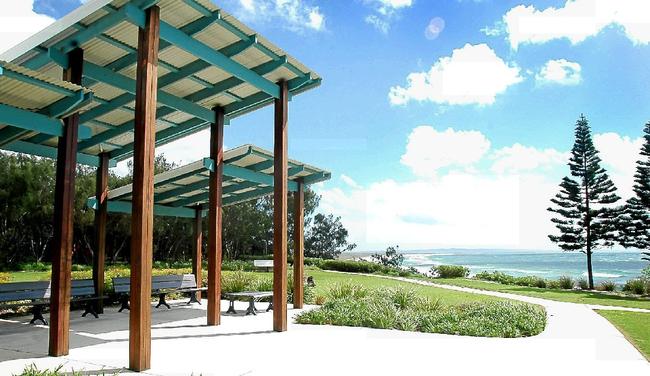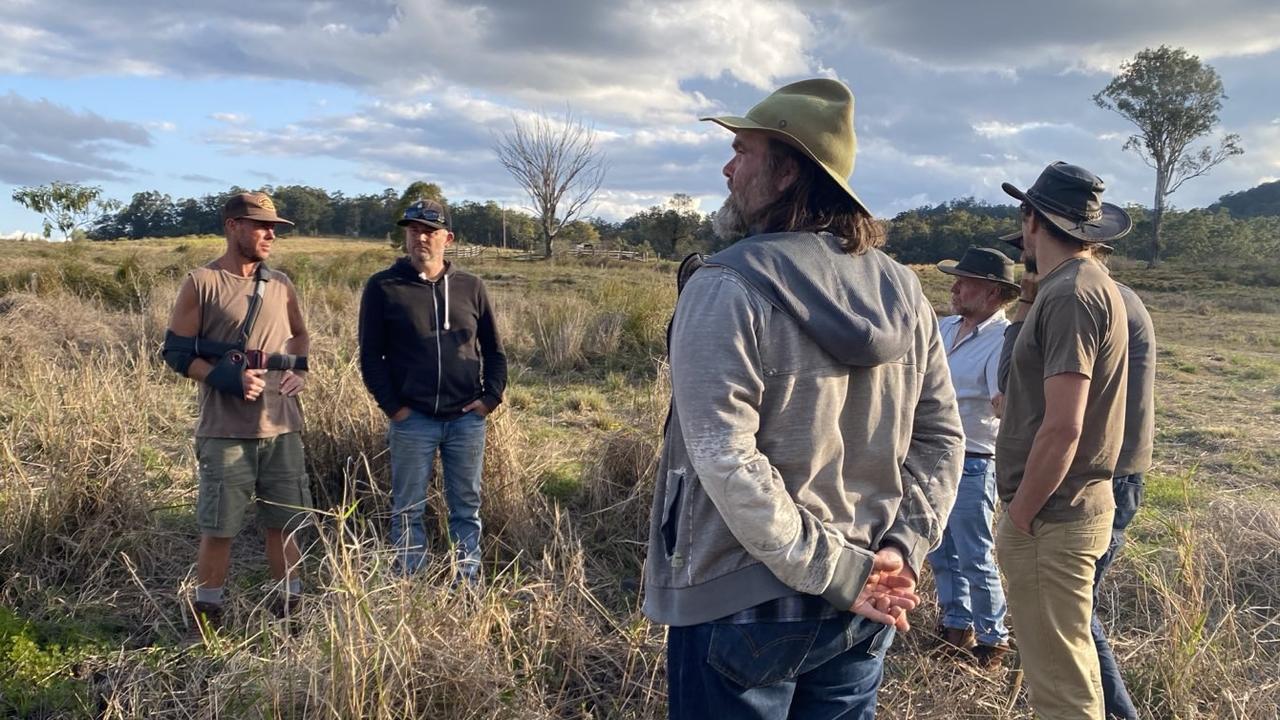No recourse for owners of waterfront property
THERE’S bad news for beachfront property owners with SCU research finding NSW landowners have no basis in law to claim they still own land lost to rising seas.

Property
Don't miss out on the headlines from Property. Followed categories will be added to My News.
THERE'S bad news for the owners of beachfront property with new research from Southern Cross University finding landowners in NSW have no basis in law to claim they still own land that is lost to rising seas.
A PhD candidate from the School of Law and Justice, John Corkhill OAM, recently published research in the Property Law Review titled 'Ambulatory boundaries in NSW: Real lines in the sand'. (See Vol 3 (2) December 2013, pp 67-84). The research focuses on the common law doctrine of accretion.
"Disputes over the ownership of land covered by the sea date back to the 14th century in England so the doctrine of accretion is an ancient and well settled legal doctrine," Mr Corkill said.
"Ambulatory boundaries are natural boundaries formed by a permanent body of tidal or non-tidal water. In NSW, under this doctrine, boundaries formed by tidal waters are defined by the mean high water mark and all land below this belongs to the Crown, as in the NSW Government.
"The doctrine of accretion holds that, since the position of bounding water-lines may move over time, legal boundaries formed by water may also change over time, but only if two conditions are satisfied: the change must occur gradually, and as a result of natural processes.
"Australian case law has made it clear that where land is gradually eroded by the sea, or covered by rising seas, any part that comes to lie below the mean high water mark ceases to be land that is 'real property'.
When that happens a boundary originally defined by survey ceases to exist, the property gains an ambulatory boundary, and the ownership of the lost land reverts to the Crown as the NSW Government.
Hence references to a property boundary being 'fixed' are, in fact, misleading."
Mr Corkill found that under the common law and current NSW statute law, when land is lost to the sea no compensation is payable to landowners.
"Because the land is lost, not through a decision by Government, but because of the action of the sea, the land is not acquired under NSW legislation, but is 'silently transferred' under common law," he said.
"Further, because land that falls below the mean high water mark ceases to be real property under the Act no 'property' is in fact acquired, with the result that there is no basis for a claim for compensation."
Mr Corkill further warns that the impacts of the doctrine of accretion are not limited to tidal waters.
"As seas rise, many land titles which become bound by the waters of the open coast, tidal rivers or tidal lakes will be so adversely affected that eventually they will be wholly lost to the sea."
Given that, in NSW, residential land alone which is threatened by coastal erosion and a sea level rise of 1.1m has been valued at between $12.4 billion and $18.7 billion, Mr Corkill said it would be unlikely that the NSW Government would introduce legislation to overturn the doctrine of accretion and make the Crown liable to claims for compensation.
.


